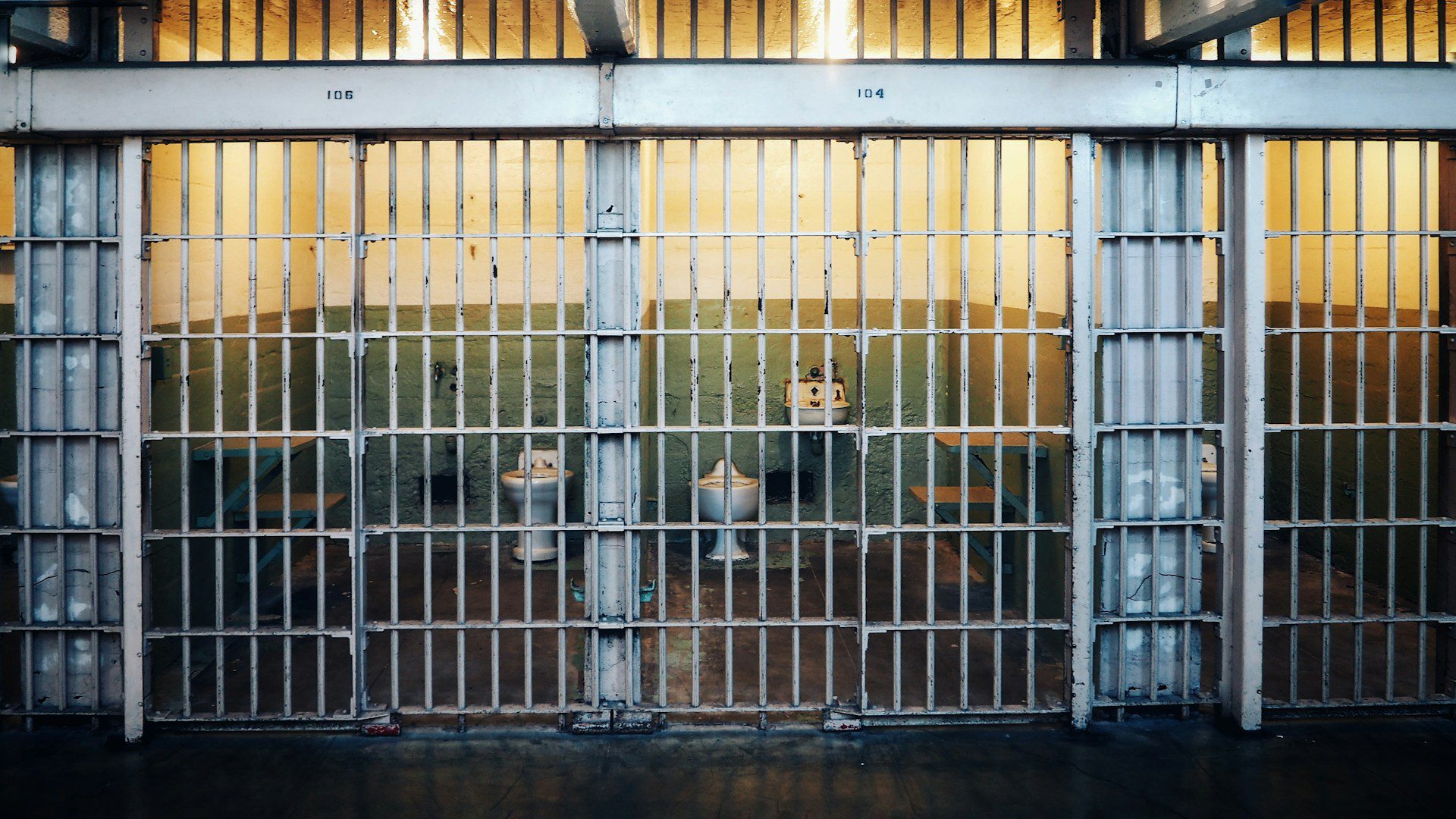
Incarcerated People Forced to do Dangerous Work for “Slave Wages”
New documents show the extent of the prison labor in New York, including jobs like asbestos removal.
AT THE HEIGHT of the Covid-19 pandemic, news outlets reported that incarcerated people in New York were being forced to make hand sanitizer and coffins. Though elected officials and advocates for criminal justice reform were quick to criticize what they called the use of “slave labor” in the state’s pandemic response, the extent of this work by the incarcerated was never known.
New York State Department of Corrections and Community Supervision data obtained by The Intercept reveals that people incarcerated in state prisons were also forced to perform a range of other jobs for penny wages during the height of the pandemic, including asbestos abatement and removal of lead paint.
“Covid pulled the curtain back on what has always existed in New York, which are these slave-like conditions for people who are incarcerated,” said Lisa Zucker, a senior attorney at the New York Civil Liberties Union. People incarcerated in jails aren’t just making license plates or mass-producing hand sanitizer, Zucker said: “Literally the chairs that members of the legislature sit on are made by incarcerated people. When you call the Department of Motor Vehicles, you are talking to someone incarcerated at the Bedford Women’s Facility.”
“Covid pulled the curtain back on what has always existed in New York, which are these slave-like conditions for people who are incarcerated.”
Seven states have abolished slavery for people convicted of crimes, which is allowed as an exception to the prohibition of slavery in the 13th Amendment of the U.S. Constitution. New York’s state constitution has no provision mentioning slavery, nor any protections for incarcerated workers. “Alabama’s in there, so it’s embarrassing and shameful that New York has not done this,” Zucker said.
People incarcerated in New York state prisons have documented their working conditions in letters to legal advocates, five of which were shared with The Intercept. The letters describe unlivable wages of cents per hour; retaliation against people who miss or refuse to perform work, in the form of assault and threats of relocation to more dangerous cell blocks; and inability to afford basic necessities required to survive in prison.
